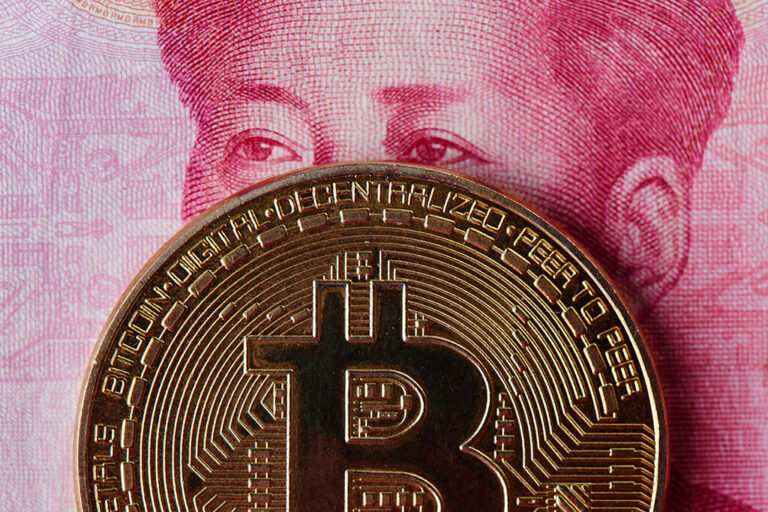China’s initiation of quantitative easing for the first time since 2007 signals a major shift in monetary policy that could lead to asset price inflation and significantly impact global markets, including Bitcoin.
China’s expected large-scale yuan printing could propel Bitcoin to unprecedented heights, according to a comprehensive report by the former CEO of BitMEX Arthur Hayes. Facing a deflating economy after a significant property bubble burst, the Chinese government is preparing to inject trillions of yuan to stimulate growth. The monetary expansion may lead to a surge in Bitcoin value.
In 2020, China’s central government, led by President Xi Jinping, began restricting credit to property developers. The strategic move aimed to address the overheated real estate market but resulted in a liquidity trap. Private firms and households reduced spending to repair their balance sheets, causing a slowdown in economic activity.
China’s ‘Three Red Lines’ Policy
China introduced the “Three Red Lines” policy in August 2020 to curb excessive borrowing among property developers. The policy sets strict thresholds on three key financial metrics: a liability-to-asset ratio (excluding advance receipts) of less than 70%, a net gearing ratio (net debt divided by equity) of less than 100%, and a cash-to-short-term debt ratio of more than one.
Developers are categorized based on how many of these thresholds they breach. Those meeting all criteria can expand debt by up to 15% annually, while those breaching all three cannot increase their debt levels. The goal is to promote financial stability by encouraging developers to reduce leverage.
The property market restrictions led to decreased credit demand among households and businesses. Traditional economic remedies, such as modest fiscal deficits and lower interest rates, proved ineffective. Experts suggest that a significant monetary and fiscal stimulus is necessary to prevent deflation and revitalize the economy.
Proposed solutions include recapitalizing the banking system using public funds and engaging in quantitative easing (QE). By purchasing government debt with printed money, the central bank can increase the money supply, encouraging spending and investment. Other major economies facing similar crises have used this approach.
Implications for Bitcoin and Asset Prices
An influx of new money into the economy often leads to asset price inflation. Investors seeking to protect their wealth from inflation may turn to alternative assets like Bitcoin. Historical data shows that substantial monetary expansion correlates with significant increases in Bitcoin’s value.
Arthur Hayes predicts:
“As long as fiat money is created, Bitcoin will soar. It doesn’t matter who the ultimate recipient is.”
The anticipated yuan printing could lead to a significant increase in Bitcoin price, reflecting past trends during periods of aggressive monetary policy.
Recent actions by the People’s Bank of China (PBoC) indicate readiness to implement QE. Since August, the PBOC increased its holdings of local government bonds from 1.5 trillion yuan to 4.6 trillion yuan. This marks the first time since 2007 that the PBOC printed money to buy government debt.
next